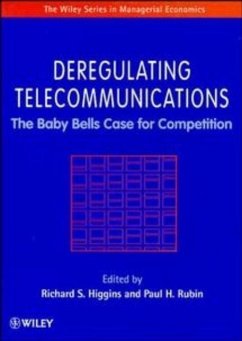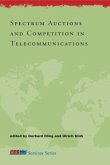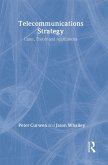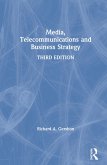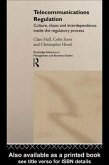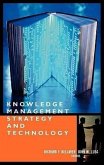In 1984, the Department of Justice settled its antitrust case against AT&T. The agreement, embedded in the Modification of Final Judgment, led to a divestiture of the local telephone exchanges from AT&T to the Regional Bell Operating Companies (known as the ?Baby Bells?). This agreement gave unprecedented power over a major US industry to one man, Judge Harold Greene of the US District Court of the District of Columbia. The Baby Bells could not enter any line of business without approval from Judge Greene. With technological change it became increasingly desirable for the Baby Bells to enter different lines of business, but each attempt was subject to legal challenge and lengthy, costly litigation. In 1994, the Baby Bells mounted a major legal challenge to the Modification of Final Judgement (MFJ). As part of their strategy, they asked leading scholars in the field to examine the costs and benefits of the MFJ and provide evidence in the form of affidavits regarding its effect. Using a cost-benefit framework, the conclusion of the analysis is that the MFJ should be vacated and competition should be allowed in the industry. Deregulating Telecommunications draws together a group of leading practitioners and academics in the fields of regulation, industrial organisation and antitrust to explore: * A cost-benefit analysis of the 1984 AT&T antitrust settlement * Theoretical and empirical studies that analyse the results of the settlement from its inception in 1984 to 1994 * An explanation for the recent policy decisions to reduce the amount of regulation in telecommunications * Analysis vital to predicting the results of any deregulation in telecommunications in the future This book will prove invaluable to economists interested in telecommunications, as well as those interested in antitrust and in regulation.

